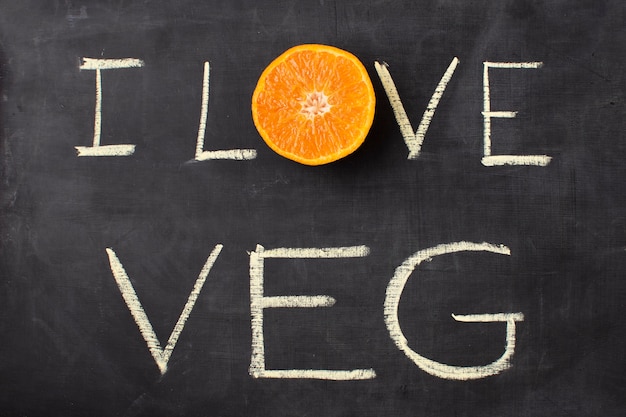
Did you try Veganuary this year or are you thinking about going vegan or making plant-based eating a regular part of your life? Dr. Gemma Newman has some useful tips for anyone exploring these options.
With so many diets floating around—low fat, high fat, low carb, high carb, vegan, paleo, keto—it can be overwhelming to figure out what works best. But with Veganuary gaining traction, more people are signing up each year. In 2018, 170,000 people joined the challenge, marking an 183% increase over the previous year. Last year, over 250,000 participated, and the numbers are expected to rise again this year.
So, is a vegan diet actually healthy? How does it stand out from other diets often touted as beneficial? Historically, there’s been a lot of confusion about nutrition, not helped by mixed messages from the media, food companies, and health professionals.
However, it’s undeniable that eating lots of vegetables and fruits, choosing whole, unprocessed foods, and limiting processed meats, sugary treats, and white-flour products are beneficial. Often, when people are unsure about what is healthy, they fall back on “everything in moderation.” This isn’t the best approach, as moderation doesn’t apply to harmful habits—like smoking or consuming processed meats, which are classified by the WHO as a cancer risk.
The True Health Initiative, founded by Dr. David Katz, brought together top nutrition scientists to reach a consensus on diet. They agreed that eating plenty of vegetables, fruits, beans, nuts, seeds, whole grains, and drinking water is key to good health. Both Paleo and whole-food plant-based diets share much in common, especially compared to the typical Western diet.
When it comes to heart health—which is crucial since heart disease is our leading cause of death—research shows that a whole-food, plant-based diet can actually reverse coronary artery blockages. Findings from the Lifestyle Heart Trial and the Mount Abu Heart Trial support this, making a plant-based diet the sensible recommendation.
For those used to a Western diet, transitioning to plant-based eating may seem daunting. But the good news is, you don’t need to make the switch overnight. Starting small and gradually increasing plant-based meals can make the process easier. Consider replacing traditional meals like a chicken curry with a chickpea curry or swapping beef Bolognese for a lentil version. Experimenting with new flavors and ideas can turn your plant-based journey into an enjoyable adventure.
Begin by changing your breakfast to a plant-based one a few times a week, then do the same with lunch. Over time, increase the number of plant-based meals until they become your new routine. A full switch to a whole-food plant-based diet could yield benefits in just two to three weeks. However, as your gut adjusts, you might experience some initial bloating.
Well-planned plant-based diets, according to the American and British Dietetic Associations, can support healthy living at any age and help prevent diseases like heart disease and cancer. They are also linked to lower risks of chronic respiratory ailments, allergies, and infections in children, thus promoting long-term health.
The British Dietetic Association recently emphasized the importance of dieticians providing plant-based diet advice to everyone, through their Blue Dot Campaign. In today’s world, many diets, especially the Western one, lack key nutrients due to soil degradation and the use of pesticides. Such diets are often deficient in magnesium, folate, and fiber.
A well-planned plant-based diet is nutrient-dense and includes the ‘nutritarian approach’ advocated by Dr. Joel Fuhrman. This means avoiding processed foods in favor of choices rich in vitamins, minerals, fiber, and antioxidants. However, if you’re eating a fully plant-based diet, you might need to consider certain supplements.
Vitamin B12 is one crucial supplement, since it’s not readily available in a plant-based diet. Adults need about 1.5mcg daily, but supplementation advice ranges from 10mcg daily to 2000mcg weekly to avoid deficiency and health risks associated with excess homocysteine. B12 can be obtained from fortified foods or supplements.
Vitamin D is another essential nutrient most people are deficient in. If your shadow is shorter than your body, you’re likely making enough; otherwise, supplementation is advisable. Omega-3 fatty acids (EPA/DHA) are also beneficial, especially in promoting heart health, and can be sourced from algae-based supplements which avoid the toxins found in fish.
Flaxseeds are a superfood beneficial for heart health. Incorporate one to two tablespoons of milled flax daily into meals or as an egg substitute in baking.
Dr. Gemma Newman, with over 15 years of experience in medicine, shares these insights. She is a senior partner at a family medical practice and has worked across various specialties throughout her career.